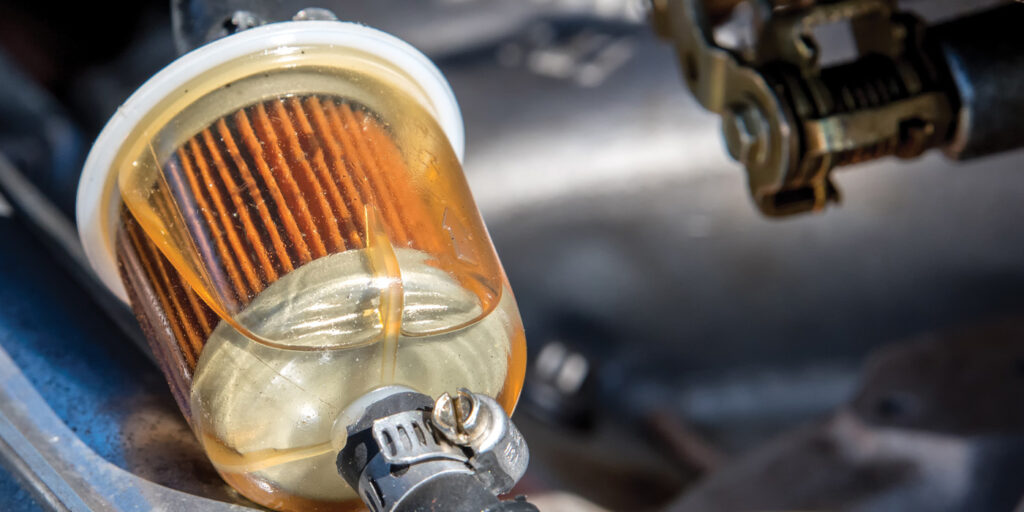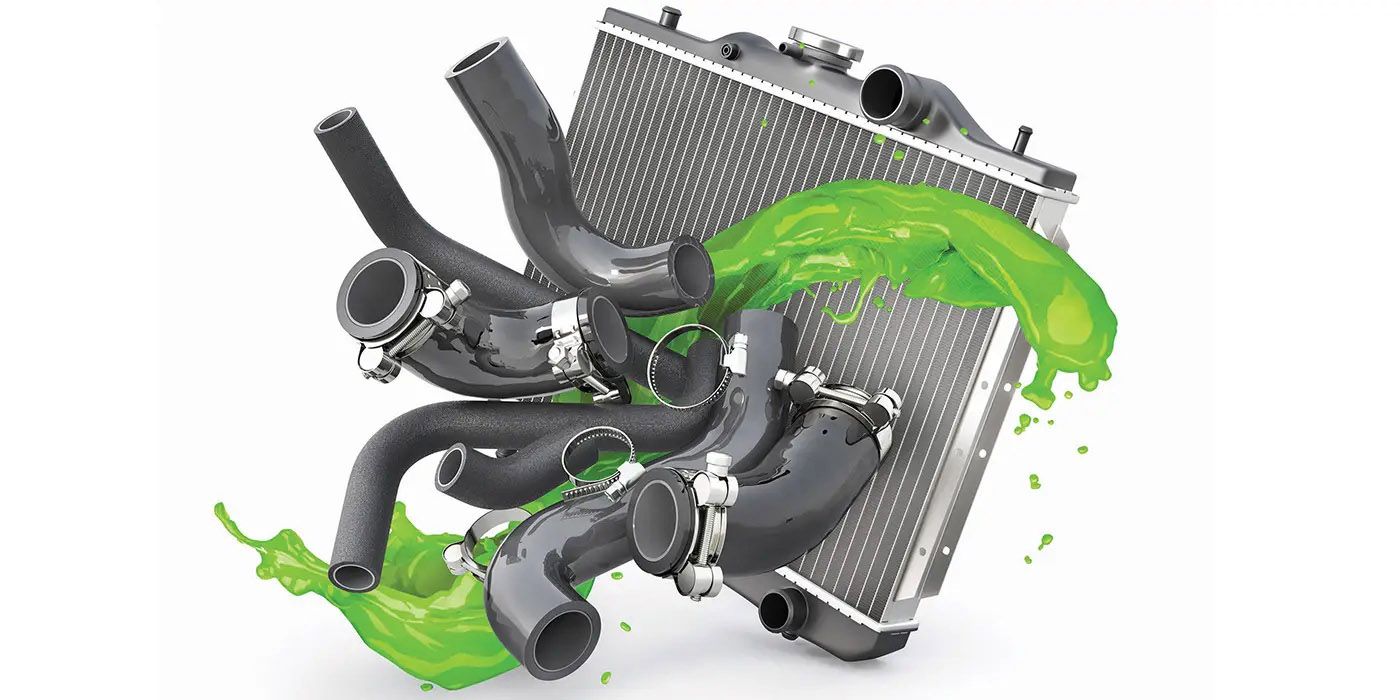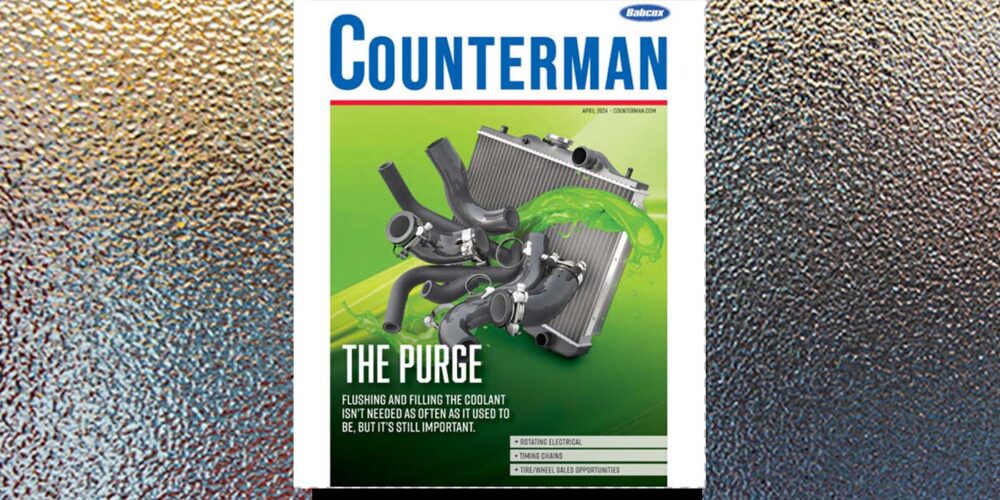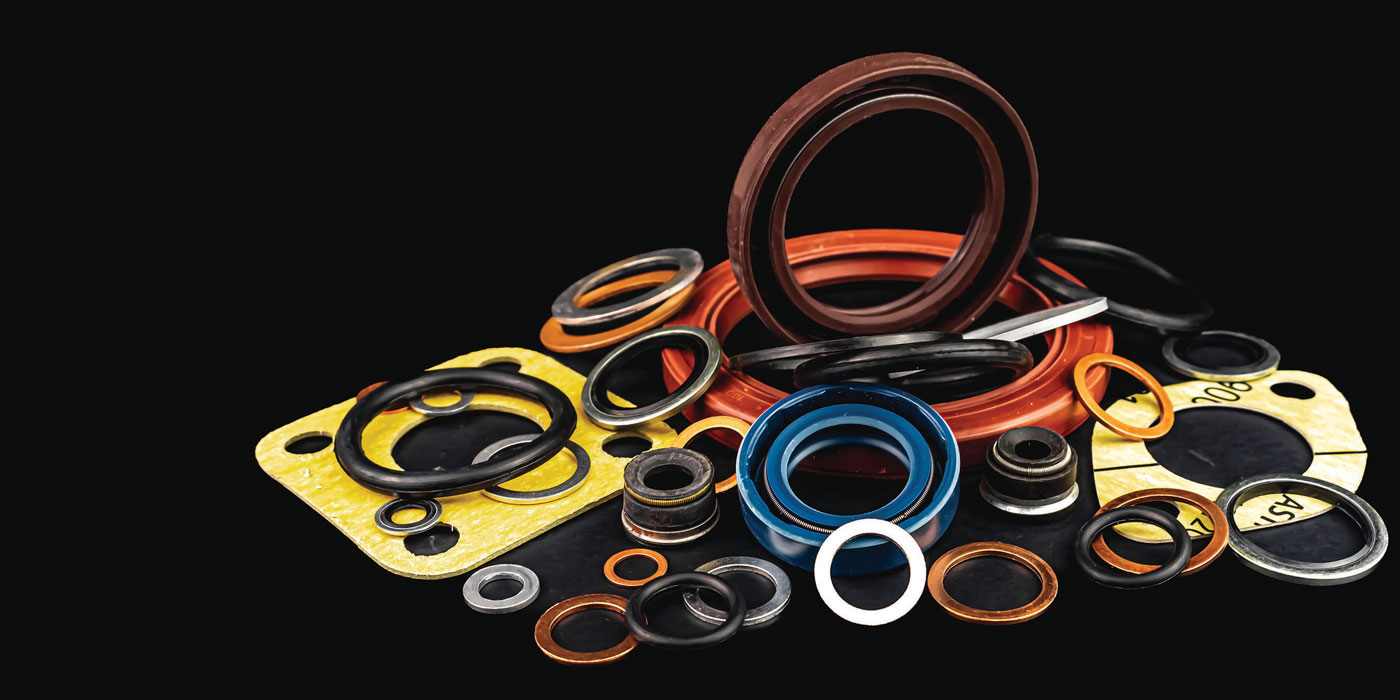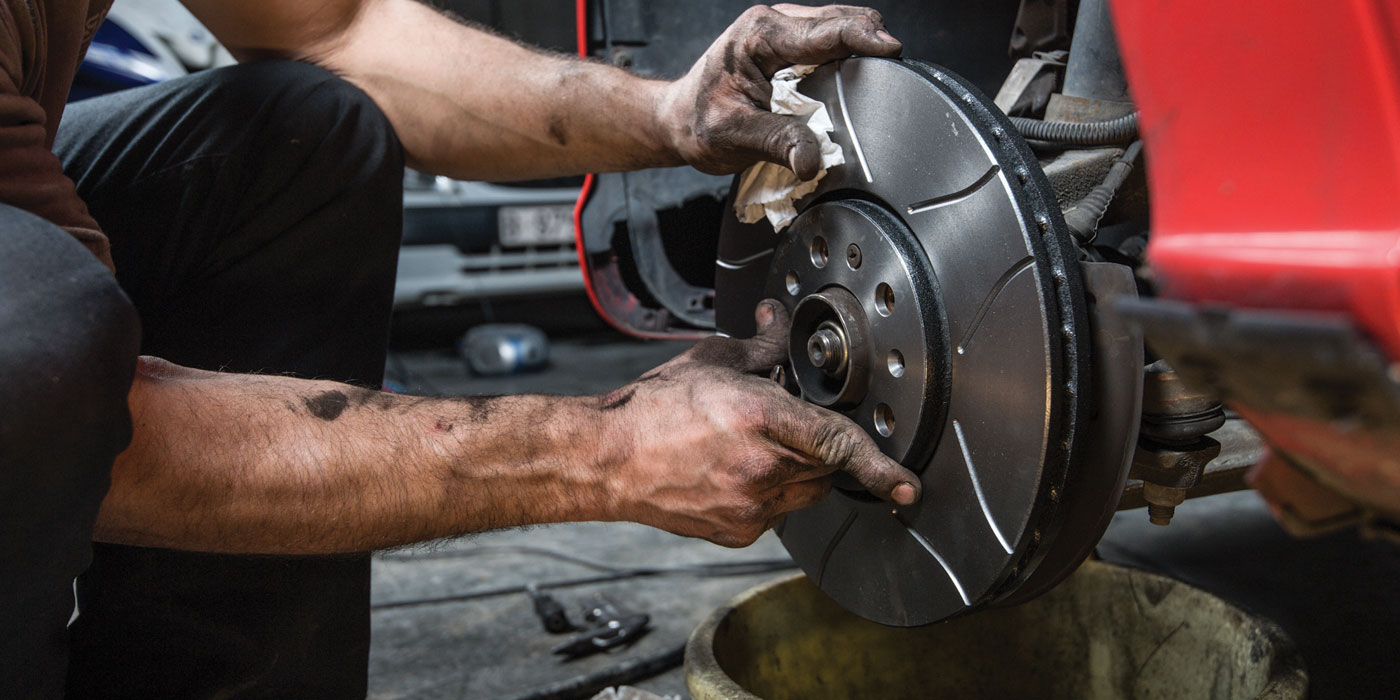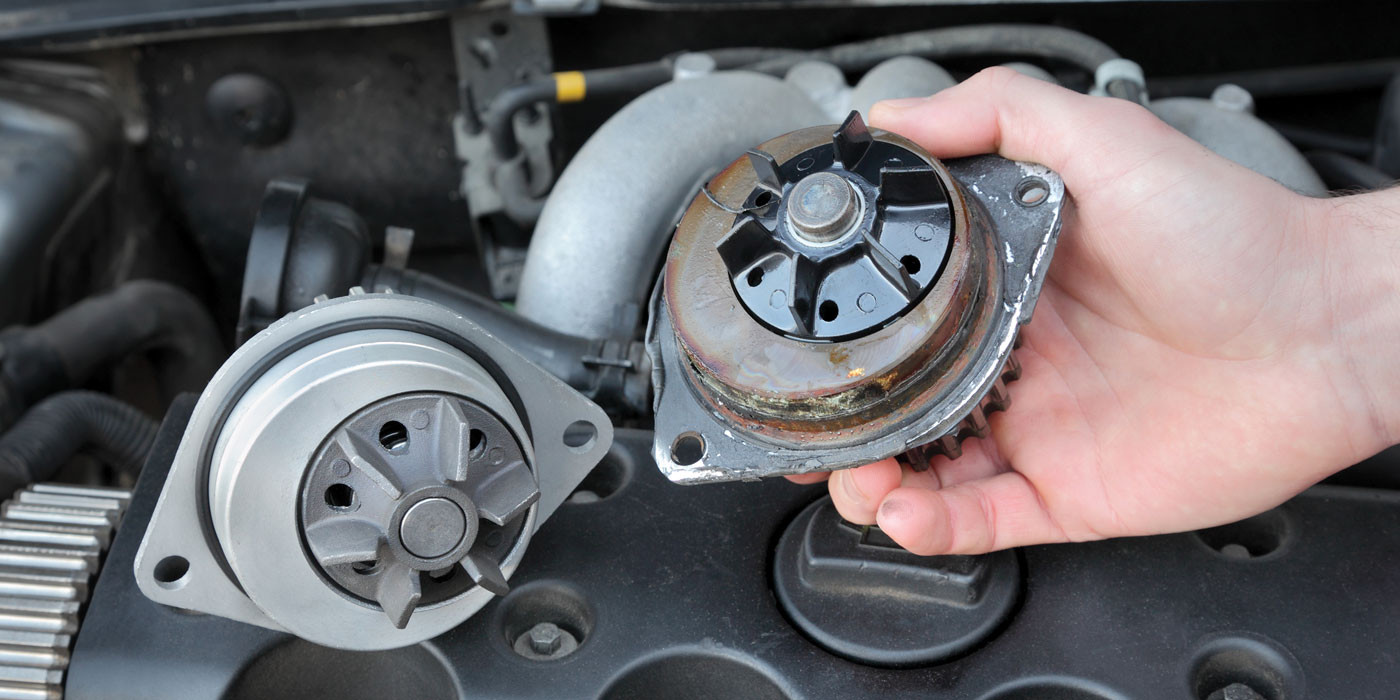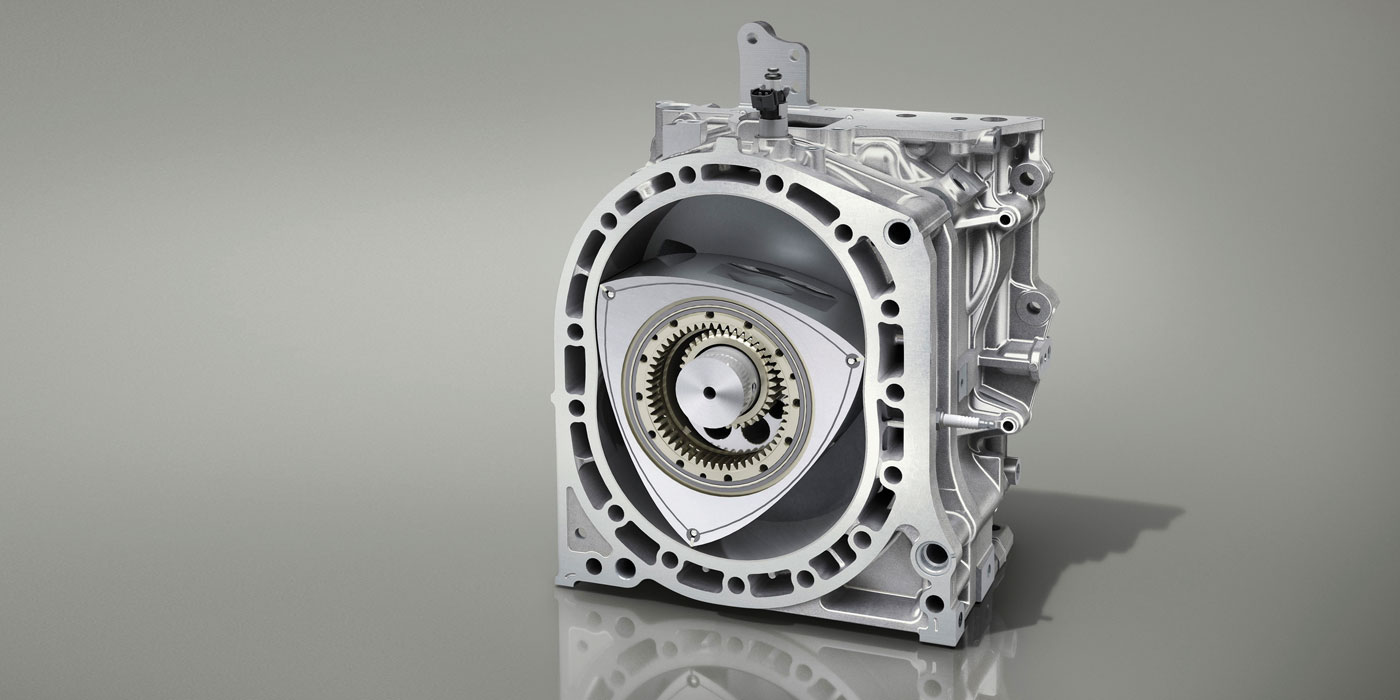You can always tell an automotive repair shop that’s been around for a long time by the stock of aging parts in the darkest corners of the back room. Almost always found is a collection of spark plugs, ignition points, condensers, spark plug wires, PCV valves and, last but not least, fuel filters.
None of it takes up too much shelf space, and most old fuel filters were very small, since all they had to do was fit in the inlet of a carburetor. They were a common service item of days gone by, and along with many of the modern advancements in powertrain control and management, they are no longer on a list for regular replacement. But perhaps they should be.
Since the advent of fuel injection, several factors have increased the lifespan of fuel filters, ranging from improvements in fuel storage and delivery at the gas station to larger filters with drastically increased surface area. When you couple that with a computer’s ability to make precise adjustments to fuel control on an immediate and long-term basis (and eliminate early symptoms), you have a critical component of the fuel system that’s often overlooked.
But, you cannot ignore the simple fact that a filter is a filter, and no matter everything else in the equation of how well an engine runs, fuel filters eventually will become restricted.
It’s very easy to rely on a diagnostic trouble code to point you in the right direction when diagnosing any type of driveability problem, but to date there’s no particular code that defines “fuel filter below efficiency” (wouldn’t that be great?). So recognizing the signs that a fuel filter is due for replacement is more important than ever.
To begin with, a noisy fuel pump can be an immediate indication of a bad fuel filter. Pumps that are normally almost inaudible can start to scream at an annoying level, causing even the most neglectful of vehicle owners to complain about it. Speaking as a former technician, we get used to the normal sound of electric fuel pumps. If one is sounding a little loud, you can bet the filter needs replaced.
A good point to remember is the fact that the pump may be damaged if a restricted filter is ignored, and a good rule to live by is replacing the fuel filter is never bad, but never replace a pump without a new filter at the same time.
Another sign that a fuel filter may be bad is a pair of the more common diagnostic trouble codes that technicians see on a regular basis: DTCs P0171, System Too Lean Bank 1; and P0174, System Too Lean Bank 2.
If the powertrain control module, through monitoring of the exhaust gases, recognizes that there isn’t enough fuel for proper combustion, it will enrich the mixture to compensate. If the condition continues over time, it will trigger these lean codes to be stored.
In the majority of these cases, the engine runs perfectly with no reported driveability issues. While many different things can cause these codes to set, a restricted fuel filter may be the culprit. At a minimum, even if another component is found to be the cause, the filter should be recommended on the basis of maintenance and the possibility that it may well be partially contributing to the problem.
Next on the list, excessive cranking time and hard starting. We’re all familiar now with the fuel pump priming when you turn the key on – or, in some cases, when you unlock the car and open the door so that the fuel injection has immediate fuel available for a quick start. With a restricted filter, however, it can take excessive cranking to force the fuel through before the engine will start.
A hesitation when accelerating or low vehicle power under heavy load can also be signs of a restricted fuel filter. It comes down to the simple principal of not enough fuel available for the engine to run under these demands.
Fuel-pressure sensors are becoming more common as part of powertrain management, and if a code is set for low or lack of fuel pressure, just like a lean code, the fuel filter may be contributing to the problem.
If none of the above are present, there are two signs of a bad fuel filter that no one can dispute: age and mileage. Look at the manufacturer’s recommendations, and if they are “lifetime,” ask yourself this: When was the last time you knew of something that lasted forever?

